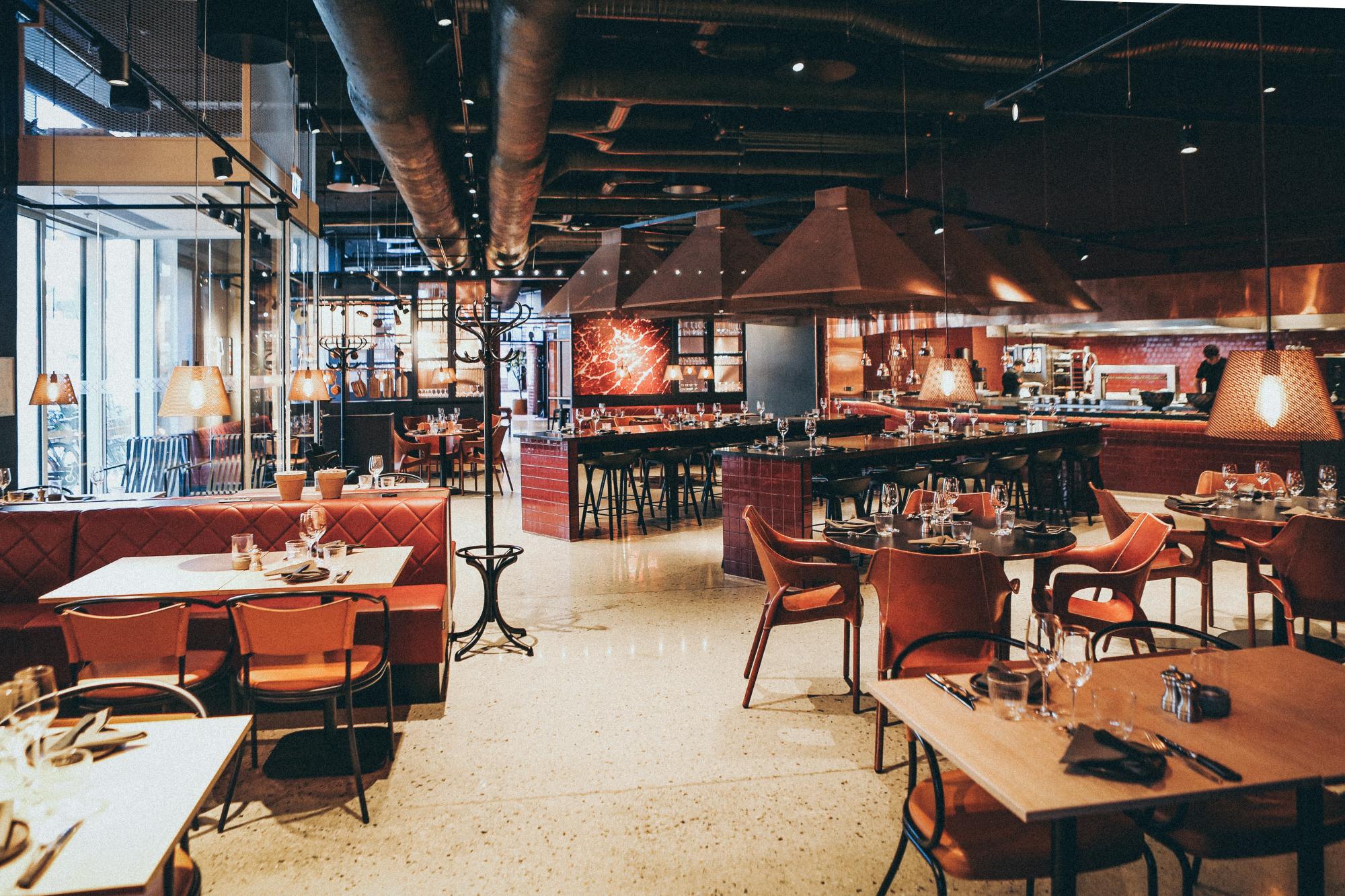Visa Stock Analysis: Is Visa a Strong Opportunity Ahead of Q4 Earnings?
$325.48
28 Jan 2026, 19:25

Unsplash.com

Restaurant service fees in the UK have reached 15%. Should You Pay Them?
We've all experienced it: dinner is finished, and the check is brought. Not only because of the typical price increases of living, but it is also noticeably greater than anticipated. The explanation is a service fee that is put on at the bottom of the bill and is typically 12.5%.
Service charges were not really common ten years ago. The general consensus was that owners would leave tipping to the consumers, who would typically pay 10% of the price of their meal if the service had been very exceptional. It would have been kind to leave a 15% tip. That is the standard in the US, however, there is now a heated argument over whether to leave a 25% tip for a bottle of water.
While they are uncommon in the majority of the UK, service fees are becoming popular at restaurants in London.
Several restaurants are now charging a cover fee in addition to the service fee.
What does a restaurant service fee entail?
A service fee is a sum that a restaurant adds to the bill after a meal that is nearly always a portion of the meal's price. Usually optional, but occasionally required, especially for big groups or customers who have eaten in a private area.
The laws in the UK are different from those in other countries. Since 2009, the UK's government has made it mandatory that service fees and tips be paid on top of the employer-paid minimum wage rather than being used to raise earnings over the threshold.
There is some debate over whether the service fee is entirely distributed to the staff. Direct payments to servers, dividing the funds among all wait and kitchen employees, or the restaurant itself keeping some or all of the funds are just a few of the possible uses for the money.
A 2021 UK government study stated that analysis of the market revealed that many companies "that add a discretionary service fee to customers' invoices are retaining part or all of these service charges, instead of passing them on to workers."
Although cash tips were more likely to be given to employees, the government reports that 80% of gratuities are now made on credit cards.
The government announced intentions to submit legislation to address the issue, and if it were to pass, it would compel companies to give all tips to employees, which would provide financial assistance to 2 million people.
Is it a MUST that you pay a service charge?
Service fees come in two forms: optional and required. According to HM Revenue and Customs, the former occurs when it is "made apparent to the client" that you are exempt from the fee. The phrase "discretionary" or "optional" is frequently used by restaurants to accomplish this on the bill or menu. Notwithstanding how uncomfortable it may seem, diners have the option of having the charge erased from their bill. If the fee is required, the client must be made aware of it in advance, however, it isn't specified how.
What distinguishes a service charge from a tip?
A service fee and a tip or gratuity are two separate things, according to HMRC, and a tip or gratuity is "an uncalled for and spontaneous payment supplied by a client" that can be made using a credit card, cash, cheque, or digital payment.
To put this in perspective, a service fee is an automated percentage amount that is added to the payment. The amount of the tip is left up to the customer and is not included on the bill.
If given in cash, tips can be directed more explicitly to waiters and servers. The restaurant always decides how to distribute the service charge.
What is the purpose of the restaurant cover charge?
A set price is known as a cover charge and is applied to each customer entering a restaurant. It is apparently intended to cover the usual expenses associated with feeding customers, such as table bread, appetisers like almonds or olives, water, and even cleaning the tablecloths and place settings.
Is a service fee tax-exempt?
It varies. VAT is applied to mandatory charges but not to voluntary ones. Discretionary service fees or tips are liable to income tax, and depending on the circumstances in which they were given, they may also be subject to national insurance.
(Bloomberg.com, HMRC.co.uk, Telegraph.co.uk)